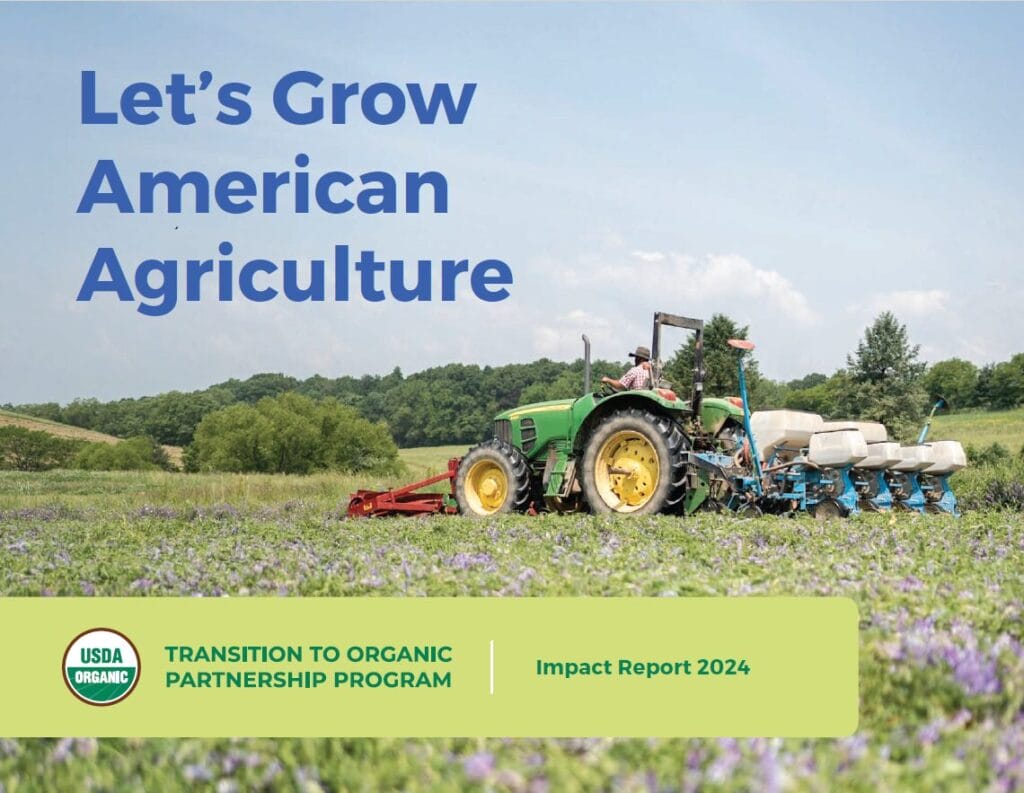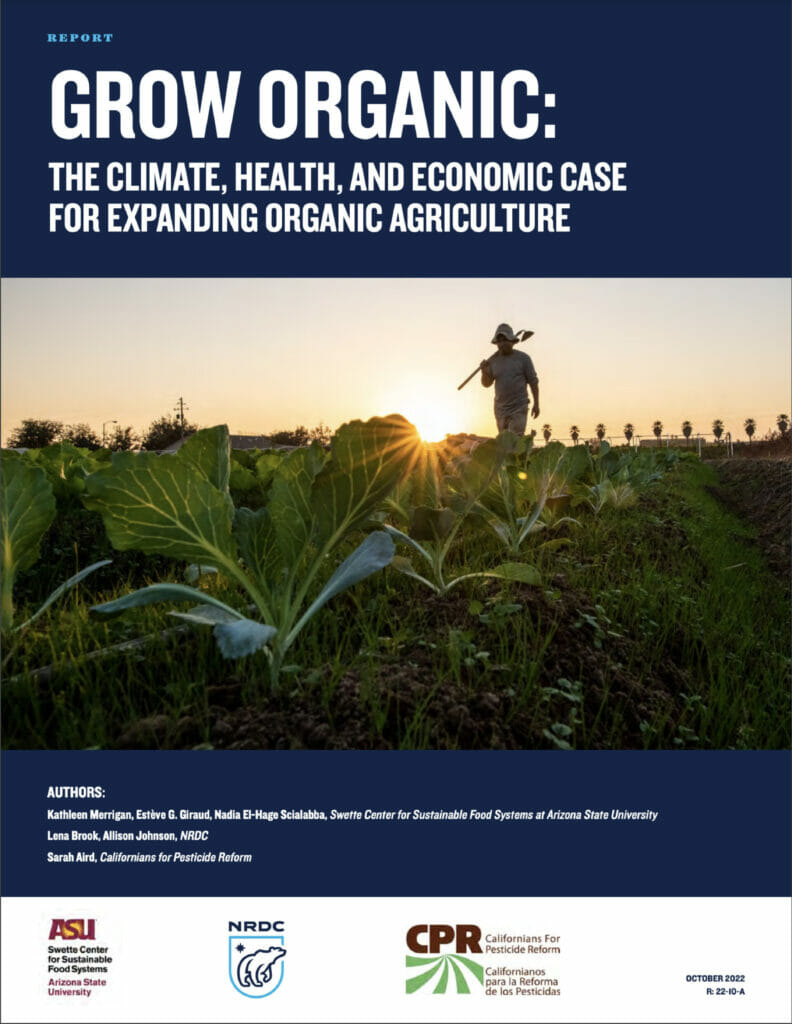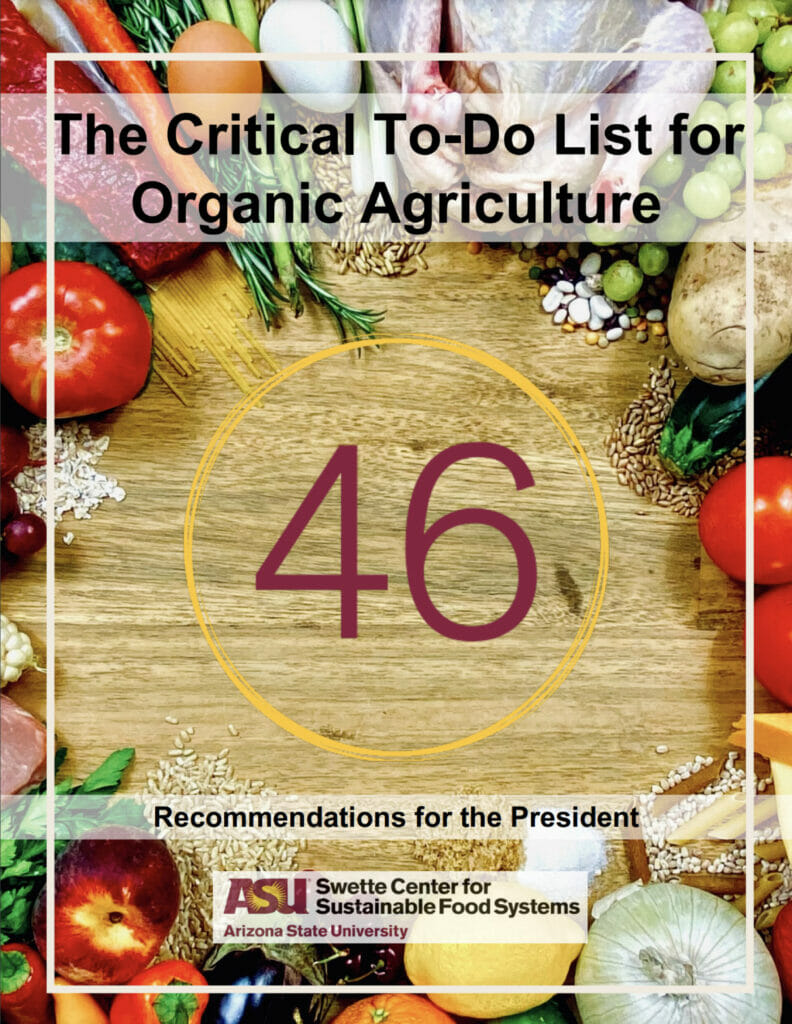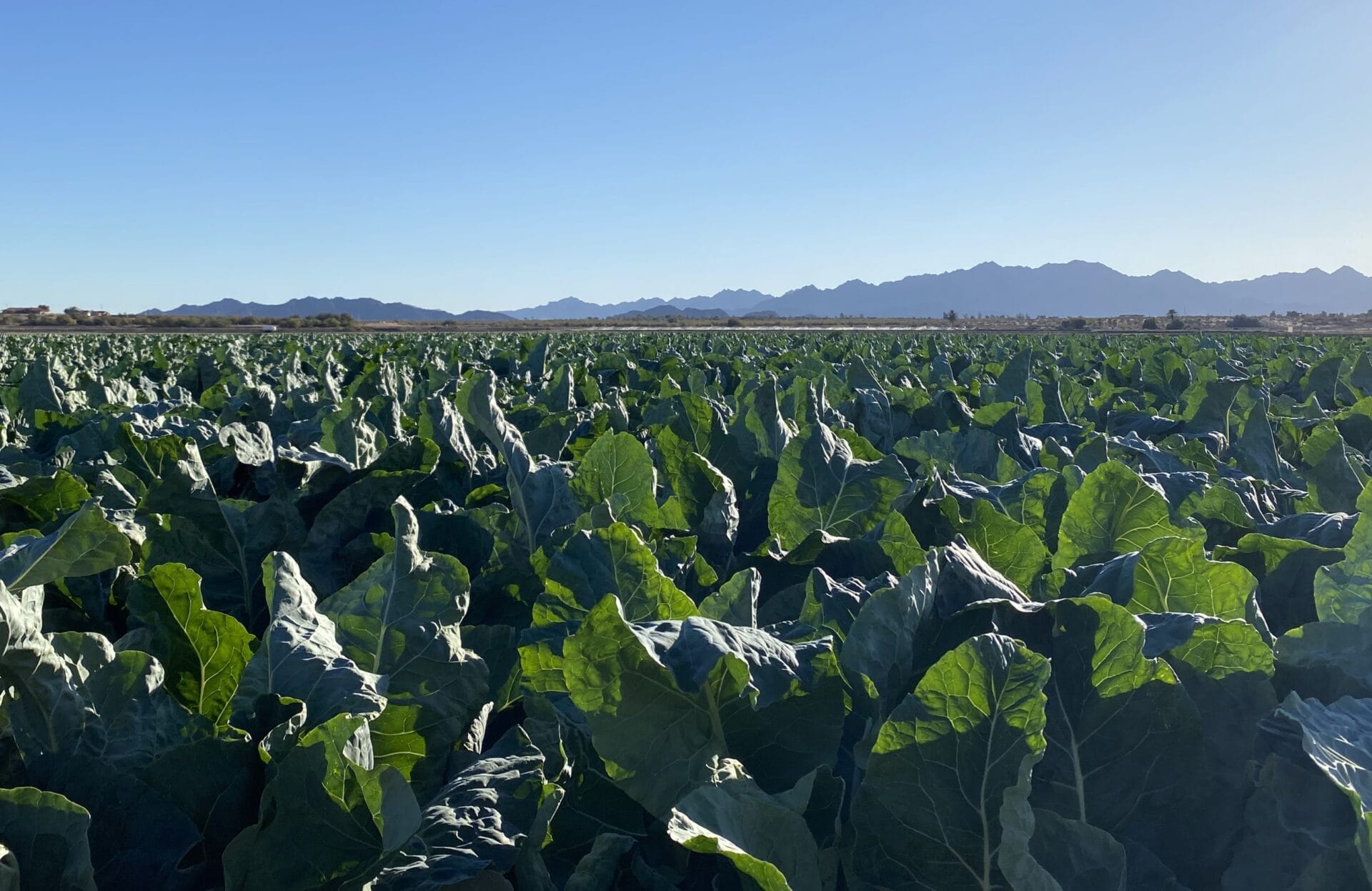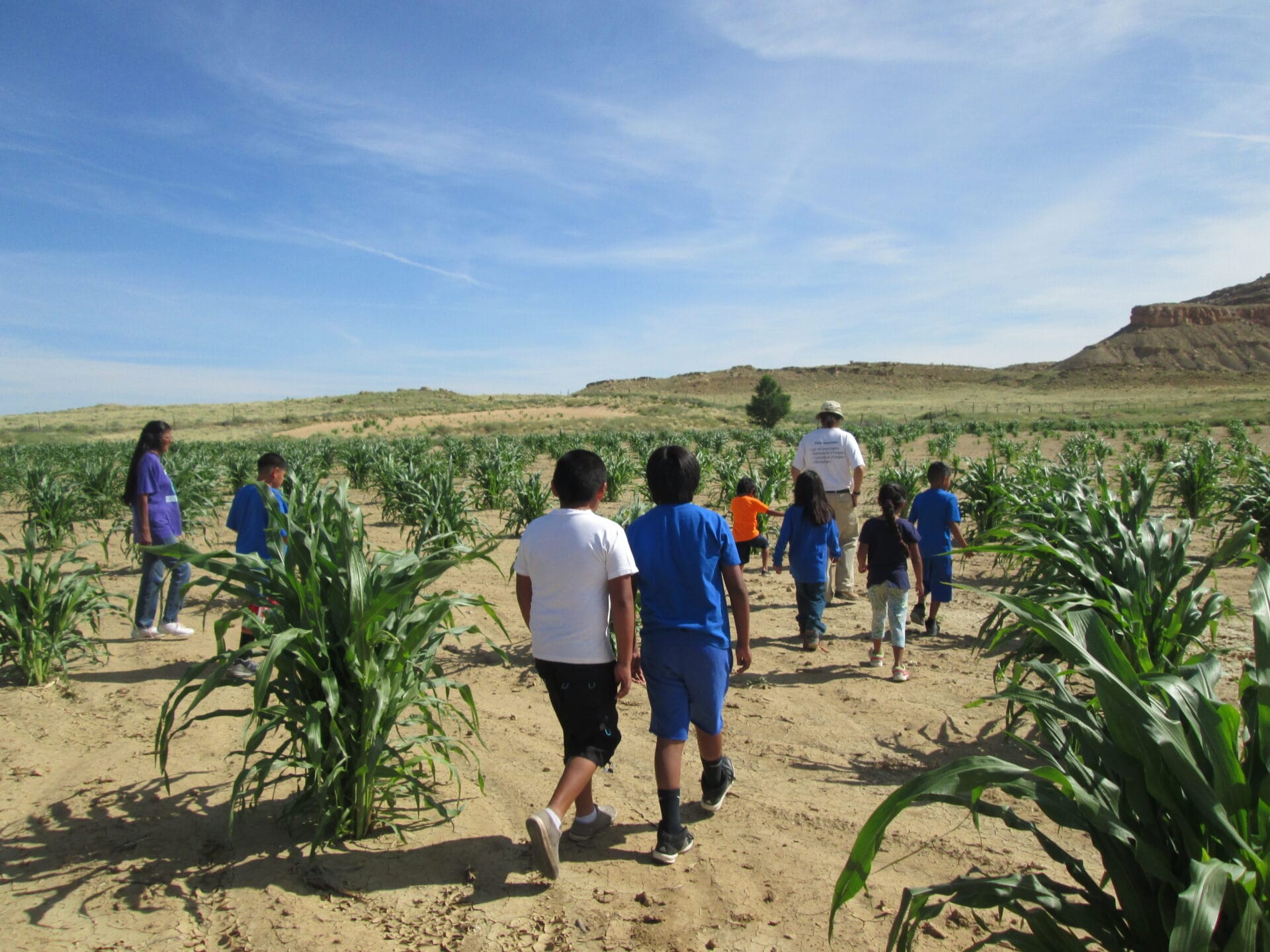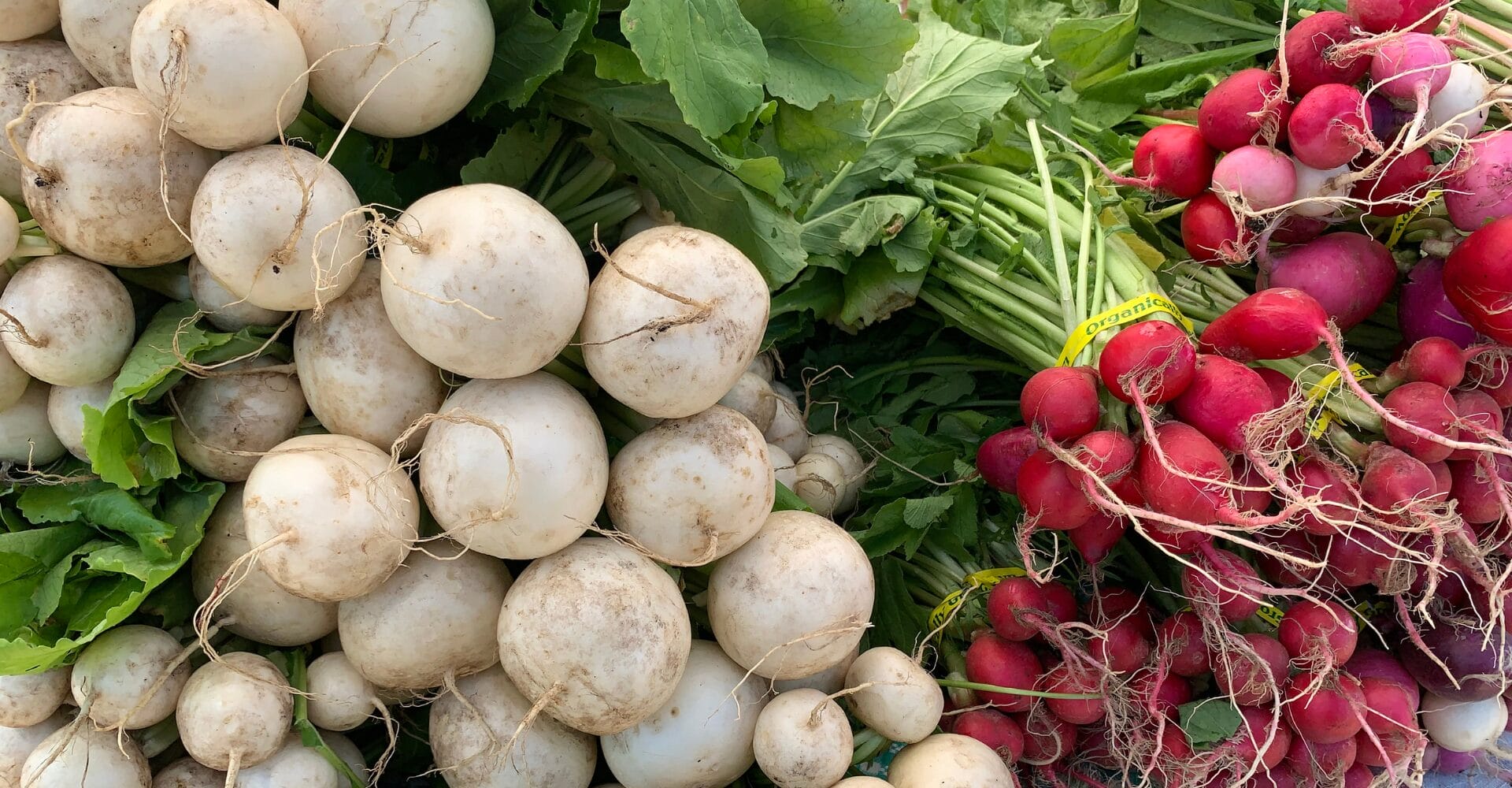
Organic agriculture and policy
Example hero paragraph text.
Why is organic important?
Organic is good for business
Organic agriculture is a powerful driver of economic growth, creating the conditions for economic resurgence in struggling rural areas and offering new market opportunities for farmers. Demand for organic food continues to rise, and as consumers are seeking more direct relationships to their food and the people who produce it, organic is fostering those connections in ways that nourish communities both economically and socially. With more public investment and policy support, organic agriculture can be a major economic engine, revitalizing rural America and helping U.S. farmers meet the growing demand for organic food.
Organic is good for the planet
Organic is among the most comprehensive and time-tested agricultural systems for mitigating and adapting to climate change, and it has the benefit of being enforced through a rigorous legal standard. The National Organic Program ensures that organic practices build robust soils, eliminate synthetic pesticides and fertilizers, and diversify crop rotations. By prioritizing environmental stewardship, organic agriculture plays a vital role in building a food system that sustainably produces abundant, nutritious food.
Organic is good for people and animals
Organic farming prioritizes animal welfare, ensuring that livestock are raised in humane conditions with access to open spaces and natural diets. This approach not only benefits the animals but also contributes to a healthier farm ecosystem. By increasing biodiversity, organic farms create habitats for a variety of species, enhancing the ecological balance. Moreover, organic farming reduces environmental pollutants and toxic chemicals, resulting in cleaner food and a safer environment for farm workers and nearby communities.

Organic Wheel of Sustainability from the Organic Trade Association
Swette Center reports on organic
Let’s Grow American Agriculture: TOPP Impact Report 2024
The Transition to Organic Partnership Program (TOPP) Impact Report offers a compelling look at the program’s progress since it was launched in 2022. Packed with key metrics and powerful stories from farmers and partner organizations, the report conveys the meaningful impact TOPP is having on the growth of organic agriculture nationwide. The Swette Center contributed valuable insights through quarterly data collection and analysis for over 165 organizations, measuring TOPP’s influence and elevating the voices in organic farming communities in the U.S.
Grow Organic: The Climate, Health, and Economic Case for Expanding Organic Agriculture
This report, published in partnership with the Natural Resources Defense Council and Californians for Pesticide Reform, distills the latest scientific research on the wide-reaching benefits of organic farming systems and offers insights from more than a dozen organic farmers and ranchers around the country working at every scale of organic. It also explains the pitfalls of our current agricultural system and provides concrete policy recommendations on how to maximize the benefits of organic.
The Critical To-Do List for Organic Agriculture
In 2020, the Swette Center for Sustainable Food Systems launched a strategic, collaborative, multi-leader, and multi-pronged project to advance organic agriculture in the new Biden Administration and in the forthcoming farm bill currently being debated by Congress. The Critical To-Do List for Organic Agriculture sought to provide policy recommendations to the Biden Administration (46 recommendations for the 46th President) to better support the growing organic industry and its positive impacts on human health, on the economy, and on climate.
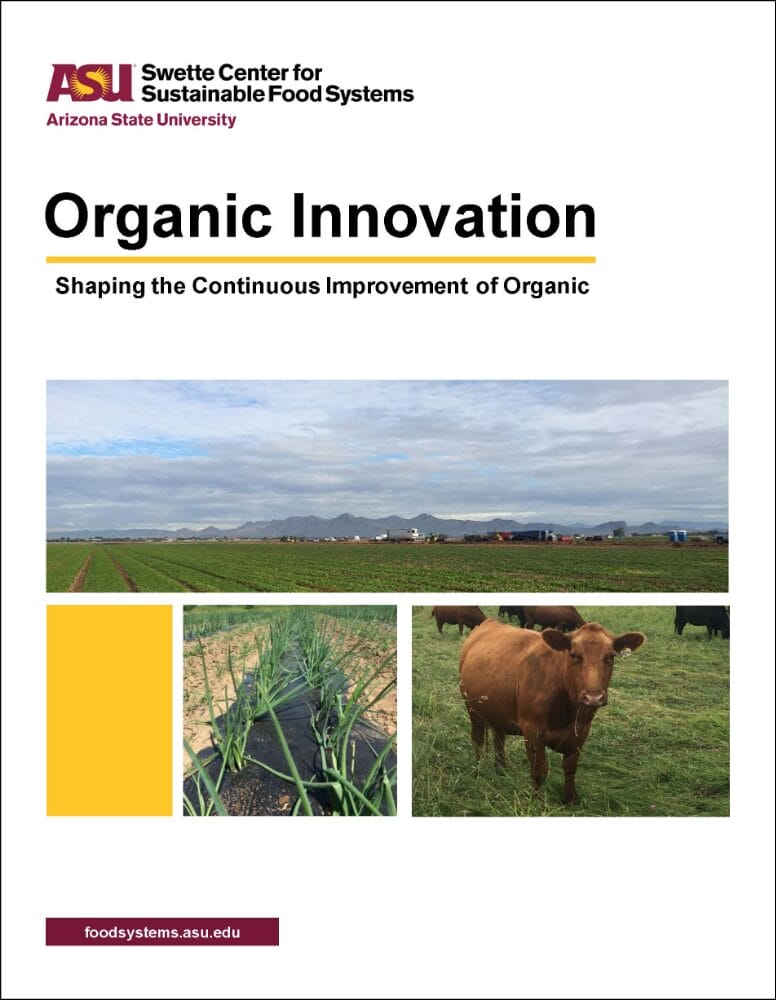
Organic Innovation
Organic continues to be one of the fastest growing sectors in the United States. This year marks 30 years since enactment of the Organic Foods Production Act. This report is a compilation of opportunities for organic innovation – it is an organic innovation catalogue – and deep dives on specific opportunities that may be of interest for the Organic Trade Association, or others, to pursue as distinct initiatives.
Organic partnerships
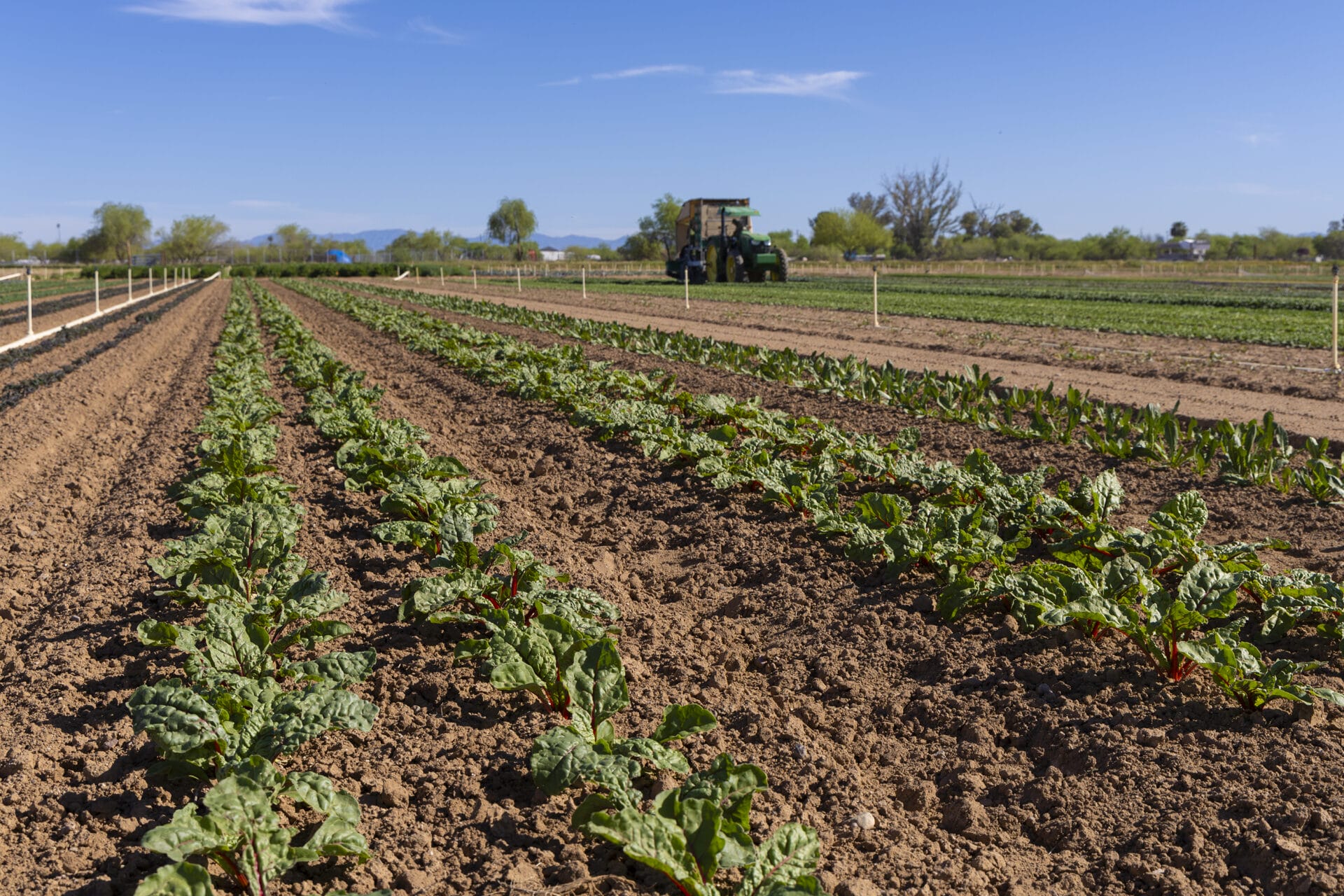
Transition to Organic Partnership
Program
The Swette Center for Sustainable Food Systems is serving as the state lead for USDA’s Transition to Organic Partnership Program (TOPP) in Arizona. We are working with the Western Regional Center for Organic Transition, led by California Certified Organic Farmers, and partners across the state to develop farmer-to-farmer mentorship, technical assistance, and workforce training events and materials over the five years of the project.
The Swette Center is also leading the nation’s TOPP data collection and monitoring efforts to capture and describe the magnitude of the program’s impact.
Articles on organic

Organic food has become mainstream but still has room to grow
Aug 17, 2021
“Today over half of organic sales are in conventional grocery store chains, club stores and supercenters; Walmart, Costco, Kroger, Target and Safeway are the top five organic retailers.
Surveys show that 82% of Americans buy some organic food, and availability has improved. So why do overall organic sales add up to a mere 6% of all food sold in the U.S.?”
– Kathleen Merrigan,
Swette Center Executive Director
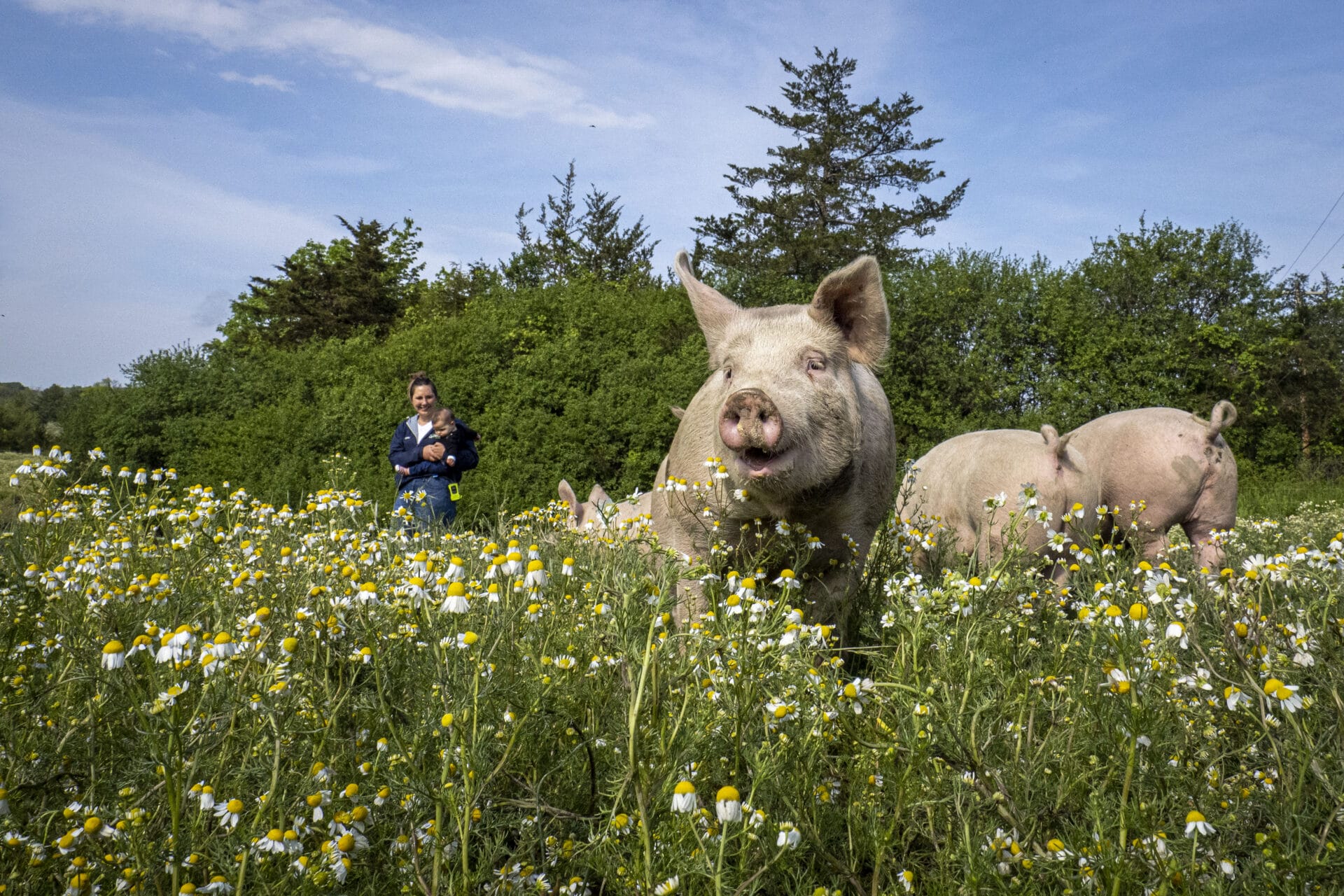
Unlike the US, Europe is setting ambitious targets for producing more organic food
Nov 3, 2021
“Organic production generates fewer greenhouse gas emissions than conventional farming, largely because it doesn’t use synthetic nitrogen fertilizer. And it prohibits using synthetic pesticides and giving hormones or antibiotics to livestock.
But the U.S. isn’t currently setting the bar high for growing its organic sector. Across the Atlantic, Europe has a much more focused, aggressive strategy.”
– Kathleen Merrigan,
Swette Center Executive Director

Fertilizer prices are soaring – and that’s an opportunity to promote more sustainable ways of growing crops
June 14, 2022
“Farmers are coping with a fertilizer crisis brought on by soaring fossil fuel prices and industry consolidation. The price of synthetic fertilizer has more than doubled since 2021, causing great stress in farm country.
This crunch is particularly tough on those who grow corn, which accounts for half of U.S. nitrogen fertilizer use.”
– Kathleen Merrigan,
Swette Center Executive Director
Related research priorities
-

Arizona food systems
Being based in Arizona, it’s only natural that supporting our home state’s food system is a top priority for the Swette Center. Arizona’s food system faces unique challenges due to the state’s arid climate and water scarcity. However, Arizona also presents opportunities for innovative approaches to promote sustainable food production and distribution.
-

Engaging the private sector
Engaging businesses, including food companies, retailers, agricultural technology providers and investors, in food systems brings valuable expertise and innovation capabilities that are essential for driving sustainable change. Collaborative partnerships between governments, civil society and the private sector can leverage the strengths of each sector to build resilient and inclusive food systems.
-

Empowering Indigenous foodways
Indigenous foodways hold immense importance as they represent the culmination of centuries of wisdom, culture and sustainable practices. They are the embodiment of indigenous communities’ deep connection to their lands, traditional knowledge and ancestral heritage. By preserving and revitalizing indigenous foodways, we aim to honor and celebrate the cultural diversity and resilience of indigenous peoples.
